Tao Bin vending machines are wildly popular in Thailand. They take orders via a touchscreen and accept mobile payments. By the end of May, about 6,000 machines had been installed in train stations and apartment complexes across Thailand, selling 200,000 drinks a day.
Tao Bin is popular because of its wide range of products and reasonable prices. A machine can make up to 170 different drinks for only 15 baht to 65 baht (10,000 VND to 44,000 VND), half the price of buying at a coffee shop. A 30-year-old American who used the machine for the first time said he had never seen a vending machine with so many choices.
Forth Electronics, which operates Tao Bin, plans to spin off the division and list it on the stock exchange as early as early next year. Forth wants to expand its business overseas, including to Australia and Indonesia.
In China, the number of smart vending machines that accept mobile payments like Alipay and WeChatPay, or even facial recognition, is growing rapidly, mainly at train stations.
Tao Bin vending machines in Thailand offer a wide variety of drinks at affordable prices.
A machine from Shanghai Hi-Dolphin Robot Technology houses a robot behind a window that prepares drinks. It is available in about 30 Chinese cities and has been exported to 12 countries, including the US, UK, Germany and Malaysia.
In the five years to 2022, smart vending machines will boost vending machine sales by 70% in Malaysia, 40% in China and about 10% in Singapore and Thailand, according to research firm Euromonitor International.
The machines’ capabilities extend beyond dispensing drinks. Singapore-based SmartXr introduced a prescription drug machine in March, where patients can chat with a doctor remotely in a small booth and receive their medication on the spot. Vending machines for dietary supplements are also available in Malaysia. YesHealth has installed more than 30 of these machines since March 2022 and plans to open more than 100 more in the near future.
One factor driving the popularity of smart vending machines in Asia is the high adoption of mobile payments. According to financial firm FIS, 44% of in-store payments in the Asia- Pacific region are mobile, higher than both North America and Europe.
Robot coffee maker developed in Shanghai and exported to America and Europe.
In developed countries, where traditional vending machines are largely cash-only, usage is on the decline. Between 2017 and 2022, the market fell 14% in Japan and 17% in the US. Germany and France also showed declines.
Another factor is the relatively high level of security in Asia, so there is little concern about machines being vandalized or stolen. Rising labor costs and labor shortages also facilitate the growth of vending machines. They do not incur labor costs, require little space, so rent is low, and operate 24/7. In countries like China and Thailand, with declining birth rates and aging populations, the need for automation is high.
CP All, Thailand's largest convenience store chain, will introduce automatic snack and lunch box machines at more than 10,000 7-Eleven stores to boost efficiency.
Despite its reputation as a country of vending machines, Japan has yet to establish a strong presence in the rest of Asia. Fuji Electric, which controls about 70% of the Japanese beverage vending machine market, is racing to develop mobile payment acceptance machines overseas.
As the retail industry looks for next-generation retail formats, Asia’s smart vending machines will continue to lead the world . According to Kenichi Shimomura, director of consultancy Roland Berger Asia-Japan, this is a useful asset for the retail industry because it can identify consumer and shopping trends in different regions with minimal investment.
According to VietnamNet
Source link


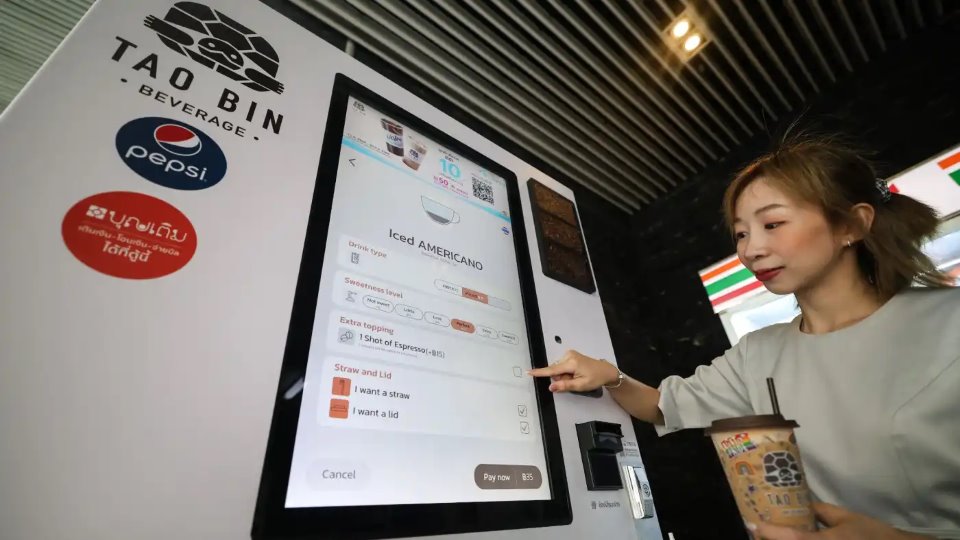
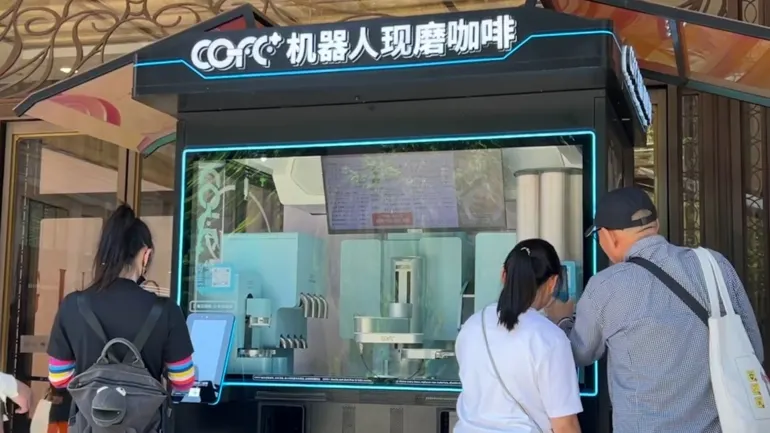






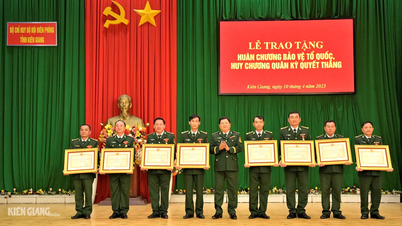











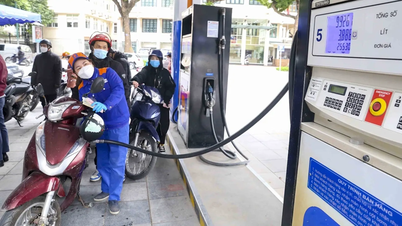













































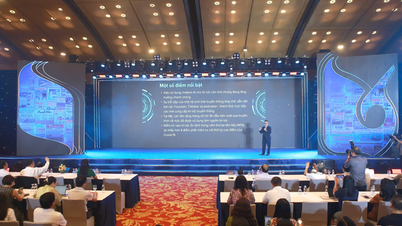

































Comment (0)